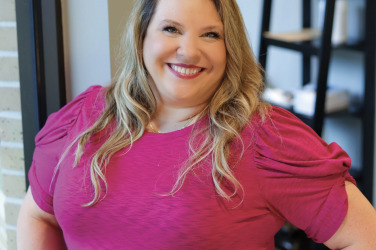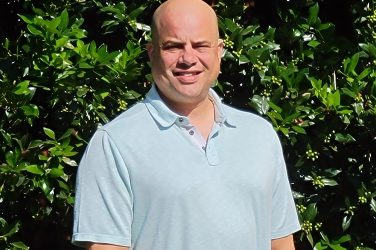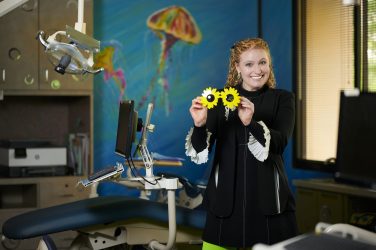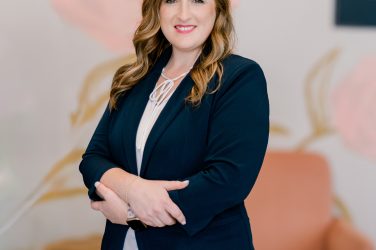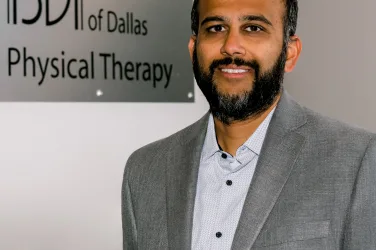
Q&A
I’m nearsighted. Can I prevent my kids from being as nearsighted as I am?
Yes. New research suggests that any child showing signs of nearsightedness should be considered for myopia management treatment. Many new options are available from the FDA-approved MiSight soft contacts and orthokeratology night-time lenses to atropine therapy. Long-term research studies now reveal that implementing myopia management can cut a child’s expected myopia progression in half. As a member of the American Academy of Orthokeratology and Myopia Control, I’m proud that all optometrists at Eyecare Rockwall are certified in the CooperVision “Brilliant Futures Myopia Management Program” using the new MiSight treatment lens technology.
I have dry eyes. Are there any new treatments that can help me?
There are several reasons for a dry-eye diagnosis, therefore a variety of steps and modalities for best treatment are available. Beyond rewetting eyedrops, prescription drops can specifically address the cause of your dry eyes. If drops don’t help, other procedures, such as stem cells and light therapy, can successfully treat dry eyes. At Eyecare Rockwall, we begin with a comprehensive eye exam and tests to measure the volume and quality of your tears using a tear osmolarity test. Once we’ve determined the severity of your dry eye and potential causes, we recommend steps you can take to find relief.
What’s the most current prescription eyeglass technology?
Neurolens, which is a curved prism lens technology that offers amazing relief for our visually and neurologically symptomatic patients. Neurolens provides prescription prism to relieve misalignment of the eyes not only in distance or near, but in all focal points and areas of vision. The result is relieved eye stress and relief of the neurological strain on the binocular visual system and the brain. As a migraine patient, I have found life-changing relief from my visual triggers for migraines with Neurolens. With a specific eye-monitoring test performed in your eye exam, we can determine if Neurolens can help you.
Why is ocular nutrition important and should I be taking supplements?
We recommend dietary supplements to prevent or slow the progression of certain eye diseases, such as cataracts, age-related macular degeneration (AMD), glaucoma, and diabetic retinopathy. There is evidence that a combination of vitamins E and C, beta-carotene, and zinc (known as the AREDS formulation) may reduce the risk of developing advanced AMD. As well, some studies show the carotenoids lutein/zeaxanthin may be associated with a reduction in progression to cataract surgery for those with low dietary levels.
Are online or in-person eye exams better?
Always in-person. Be leery of online exams. Seeing a doctor who pops up on your screen is likely not in your best interest because the doctor isn’t there to physically examine you. Telehealth eye appointments can only legally be performed by an eye doctor who has already seen the patient in person. Remember, eye care is not just about vision. It’s about eye health, and if the doctor isn’t there to physically see what’s going on with your eyes and evaluate you, then they’re not doing their best work.
About The Expert
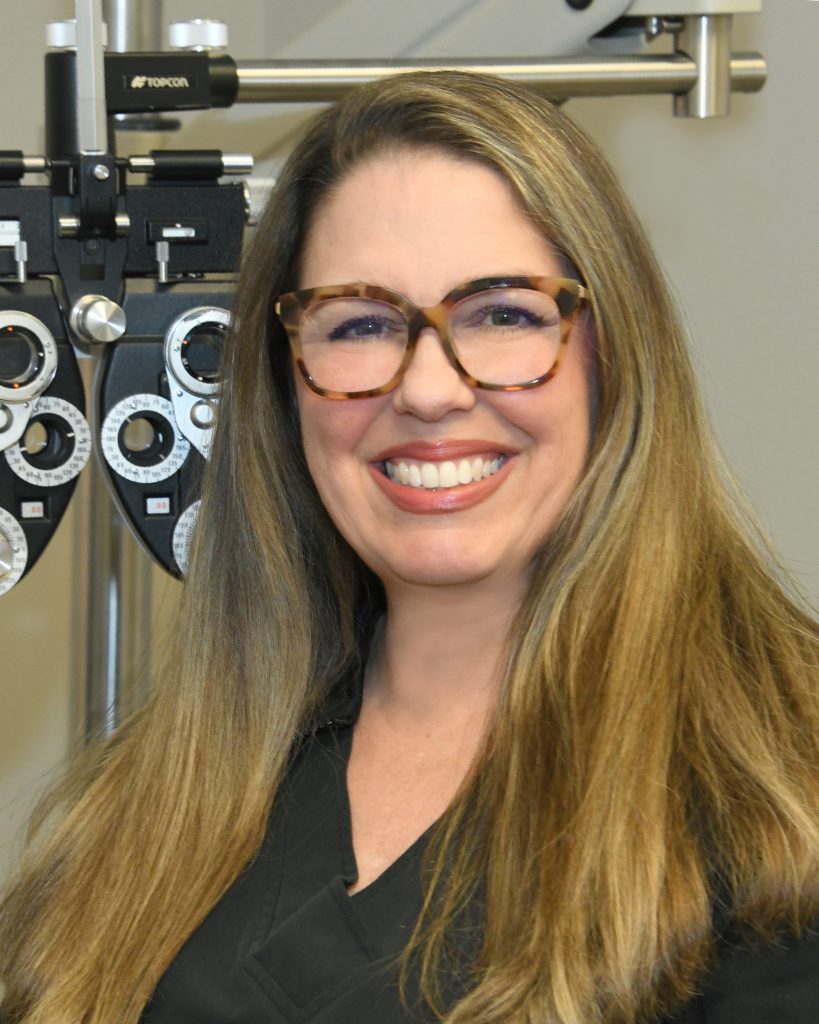
Holly Fisher Britt, OD Diplomate, American Board of Optometry
Eyecare Rockwall
Dr. Britt is a graduate of Northeastern State University College of Optometry and board certified with the American Board of Optometry. She has been in private practice in the Rowlett/Rockwall area for over 30 years. She is the founder and owner of Eyecare Rockwall and has been voted Rockwall’s Best Optometrist by patients 10 years in a row.






